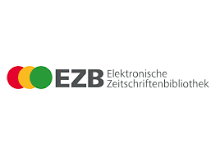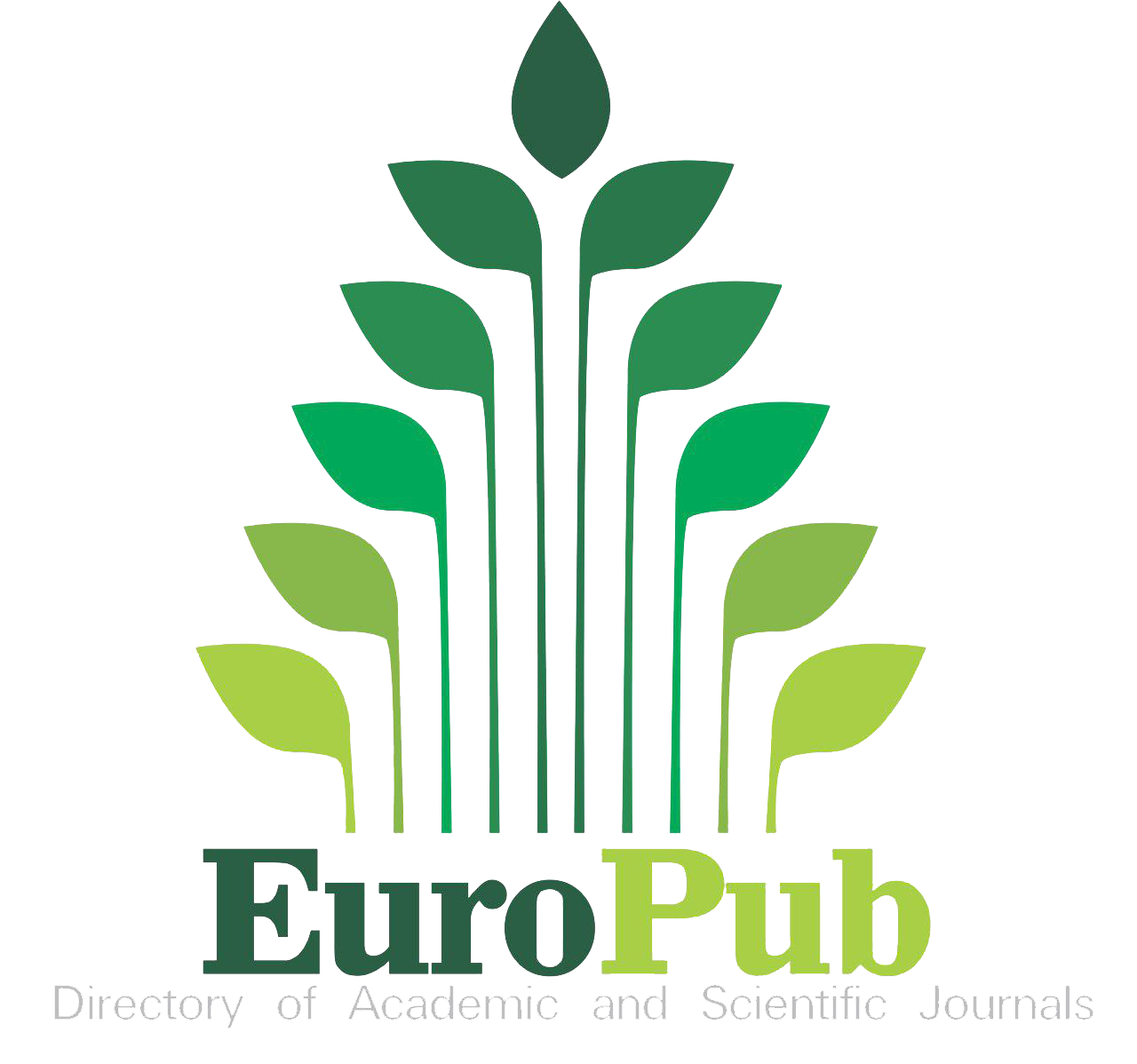Intentional modalities and value attractors of student youth self-realization in the university educational environment.
Abstract
The research was aimed at defining the conditions and phenomenological characteristics of students’ self-realization. The methodology of sociocultural determination of personality development underlay it. Students’ mainstream aspirations reflecting their self-realization modalities (cognitive, communicative, creative, pragmatic, influence-projecting, risk-taking, dedicative, fame-achieving) were revealed. The method of conceptual-theoretical reconstruction of value space of education helped the authors to present a construct of students’ self-realization value attractors. This value framework encompasses seven interlinked resources of sociocultural experience: sociocentric, theocentric, anthropocentric, ethnocentric, nature-centric, culture-centric, knowledge-centric. The study leads to the conclusion about the need for holistic development of students in the education system.


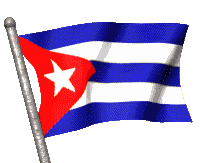









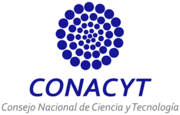
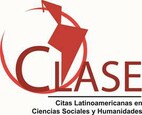






















1.png)







1.png)



